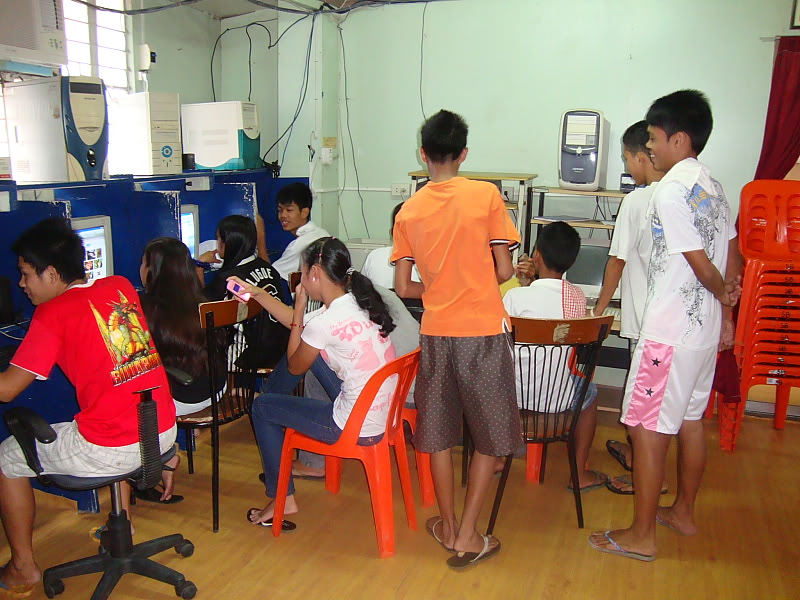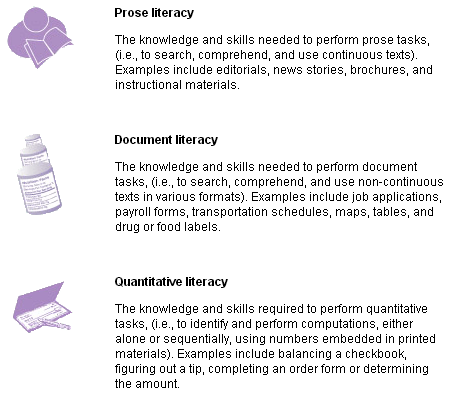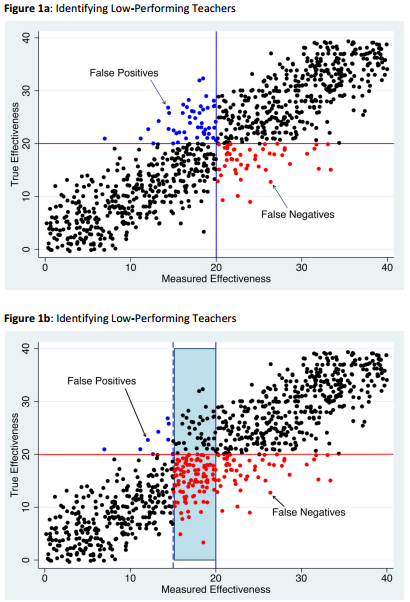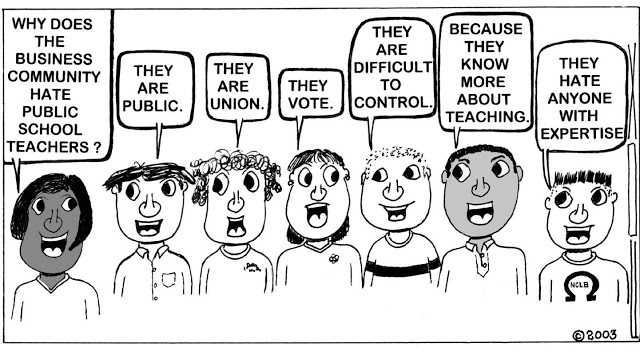Shaping Education for the 21st Century

One could hazard a guess on what the 21st century has in store for the children of today. Most of the current problems and opportunities are visible today and perhaps, will outlast a generation or two. With an exploding human population, the needs continue to rise and resources are fast dwindling. The generations of tomorrow will face substantial pressure for sustainable growth and existence. The technology of today provides glimpses for the shape of employment future generations have to face. Basic education can be reconfigured to prepare the youth to meet these challenges that await them. There is no question that education must be reformed. The remaining question, however, is how. "Learning to learn" is one catchy phrase. It can be used to describe an education through which a student develops thinking skills. Certainly, this is an ideal objective. How one gets there, how this can be achieved inside a classroom is not as straightforward as it seems. "Critical think...








